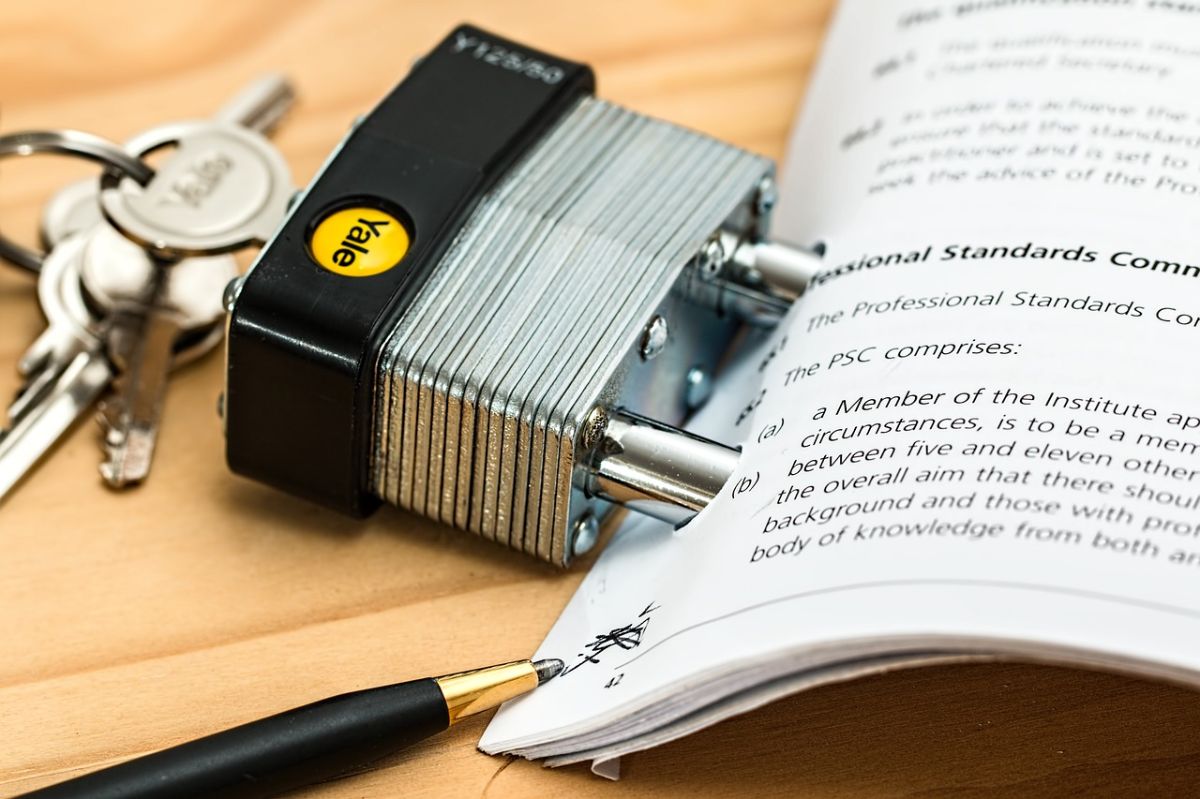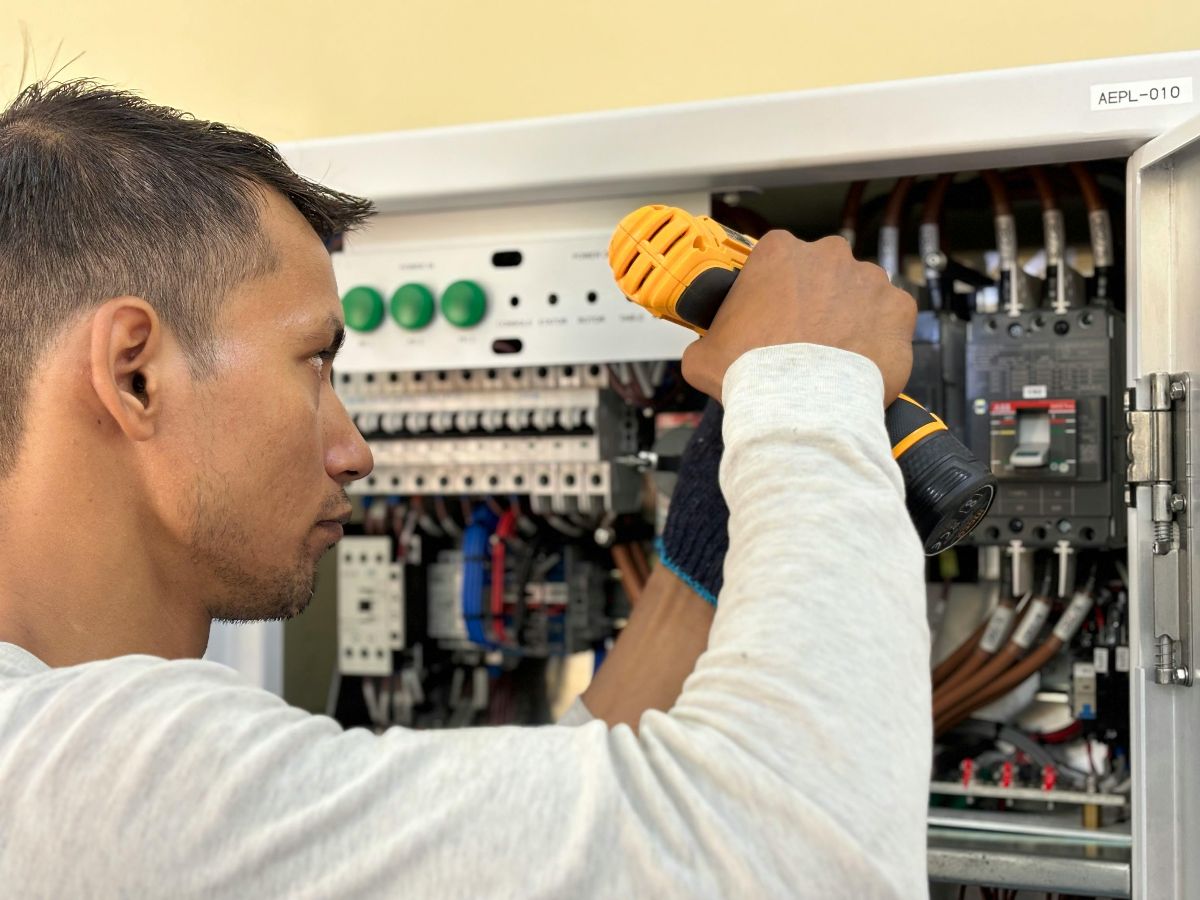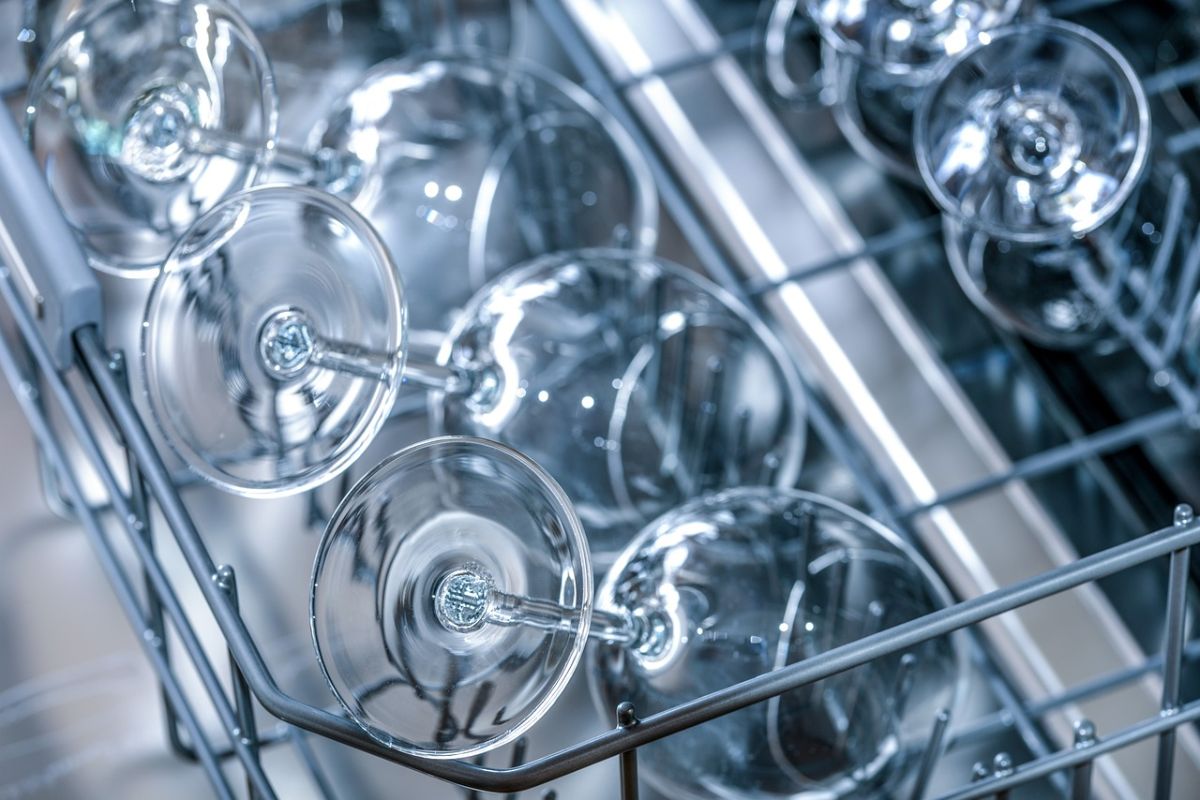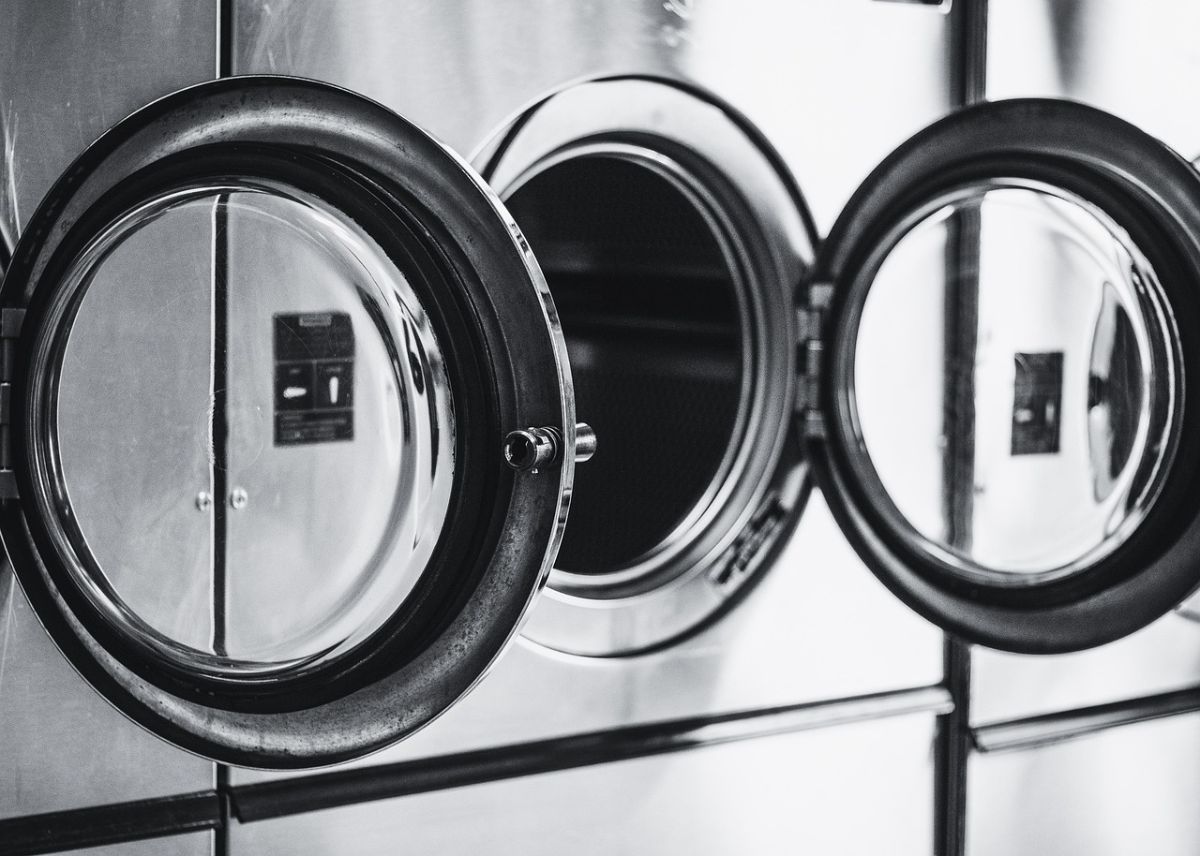As autumn arrives and leaves begin to carpet your yard, the need for an efficient leaf blower becomes evident. Leaf blowers offer a convenient way to clear your outdoor spaces, but choosing the right type can be a daunting task. Gas and electric leaf blowers are the two primary options, each with its own set of advantages and drawbacks. In this comprehensive blog post, we’ll break down the differences between gas and electric leaf blowers to help you make an informed decision.
1. Power and Performance:
One of the most significant differences between gas and electric leaf blowers is their power and performance. Gas-powered leaf blowers are typically more powerful than their electric counterparts. They can generate higher airspeeds and air volumes, making them suitable for larger yards with heavy leaf coverage and debris. Gas blowers are often favored by professional landscapers for their performance and versatility.
Electric leaf blowers, on the other hand, are available in corded and cordless varieties. Corded electric blowers offer a reliable power source but are generally less powerful than gas blowers. Cordless electric blowers provide more mobility but may have limited runtime and power compared to gas blowers. They are better suited for smaller yards or tasks that require less power.
2. Noise and Emissions:
Gas-powered leaf blowers tend to be noisier and emit more pollutants compared to electric blowers. The loud noise can be disruptive to your peace and quiet, as well as your neighbors. In many areas, there are local ordinances that restrict or prohibit the use of gas leaf blowers due to noise pollution concerns.
Additionally, gas leaf blowers release exhaust emissions, which contribute to air pollution and are harmful to the environment. Electric blowers, especially corded models, are quieter and produce zero emissions. This makes them a more environmentally friendly choice, and they are often the preferred option in neighborhoods with noise restrictions and environmental regulations.
3. Maintenance:
Maintenance requirements can be a significant factor in your decision. Gas leaf blowers are more complex machines with engines that require regular maintenance, including oil changes, air filter replacements, and spark plug checks. They may be more challenging to maintain for the average homeowner.
Electric leaf blowers are generally easier to maintain. They don’t have internal combustion engines, which means you won’t need to worry about fuel, oil changes, or spark plug issues. Simply keep the blower clean and ensure that the power source (battery or cord) is in good condition.
4. Weight and Portability:
Gas leaf blowers tend to be heavier than electric models. This can make them more challenging to maneuver and carry for extended periods, especially if you have a large property or need to use the blower for an extended period. Electric leaf blowers, especially cordless ones, are typically lighter and easier to handle, making them a more practical choice for individuals with limited physical strength or endurance.
5. Cost and Initial Investment:
Electric leaf blowers are often more affordable than their gas-powered counterparts. Corded electric models are usually the least expensive, while cordless electric blowers, which come with rechargeable batteries, can be pricier but offer the convenience of mobility without a cord. Gas leaf blowers can be more expensive upfront due to their more powerful engines and greater complexity.
6. Run Time:
Cordless electric leaf blowers run on batteries, which means they have a limited runtime. The runtime can vary depending on the blower’s battery capacity and the power setting used. Gas leaf blowers, on the other hand, can operate continuously as long as they have fuel, which can be a significant advantage for larger tasks.
7. Environmental Impact:
Environmental considerations are becoming increasingly important when choosing outdoor equipment. Gas-powered leaf blowers produce greenhouse gas emissions and contribute to air pollution, while electric leaf blowers produce zero emissions during operation. If you’re concerned about the environmental impact, electric blowers are the more eco-friendly choice.
In conclusion, the choice between gas and electric leaf blowers depends on your specific needs and preferences. Here are some key considerations to help you make an informed decision:
If you have a large property with heavy leaf coverage and need maximum power, a gas leaf blower may be the better choice.
If you live in an area with noise restrictions or environmental regulations, consider electric leaf blowers for their quieter and cleaner operation.
If you prioritize ease of maintenance and portability, electric leaf blowers, especially cordless ones, are more convenient.
If you’re on a budget and don’t need the highest power output, electric leaf blowers are generally more cost-effective.
Ultimately, the right leaf blower for you will depend on your specific circumstances and requirements. Make sure to weigh the pros and cons of each type and choose the one that best suits your needs while taking into account factors like the size of your yard, local regulations, and your environmental concerns.









